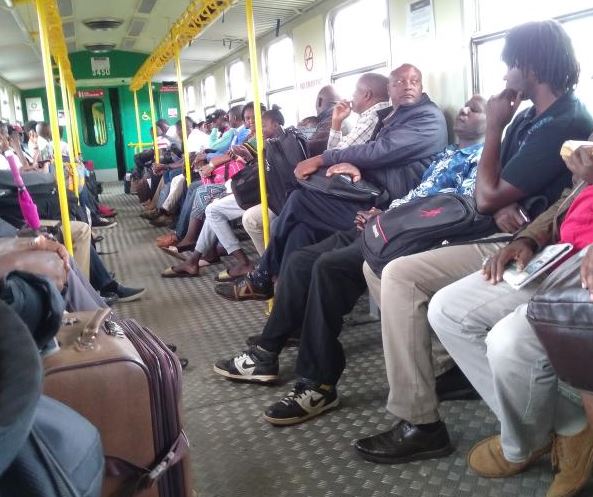×
The Standard e-Paper
Home To Bold Columnists

As soon as the Embakasi commuter train in Nairobi blows its horn to signal the beginning of the one-hour journey to the city centre, a burly middle-aged man shoots to his feet and clears his throat.
“Brothers and sisters, welcome to the morning service,” his sharp voice reverberates through the near-empty but rumbling coach number three. There are a handful passengers, spread in the coach.